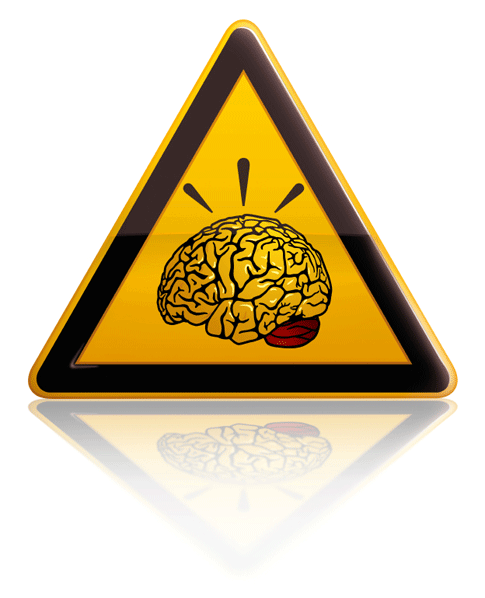They Want Your Brains!
Brain banks suffering shortages

Financial institutions aren’t the only banks hurting these days. Brain banks—repositories for donated brains—are running low on fresh noggins for research, said a group of scientists from various institutions in the United Kingdom this week. Get past the ewww factor (remember nasty Halloween games and that creep Frankenstein?), and fresh brains are essential for researching neurological and psychiatric disorders, such as Alzheimer’s, autism, Parkinson’s, and schizophrenia.
The problem is that not enough people are bequeathing their brains to science after they die. If this doesn’t change, crucial research could come to a standstill. Scientists develop treatments and preventative techniques for brain disorders by comparing the chemistry and structure of normal brains against abnormal ones.
In the U.K. there are currently about 10,000 brains available for research purposes. To give an idea of the shortage, only about 20 of those are available for autism research, and about 30 for Alzheimer’s; academics would like those numbers in the hundreds. Even worse is the lack of healthy brains. About 10 percent of the U.K.’s brain specimens are normal, and scientists are clamoring for more of these to compare against abnormal ones.
The U.K. isn’t the only country with a brain shortage. Canadian and Australian brain banks have run low in recent years, and in some cases have borrowed brains from banks in the United States. Apparently, these privately and publicly funded institutions in the U.S. are more cerebrally flush. At least we’ve put something in the bank.
More info: